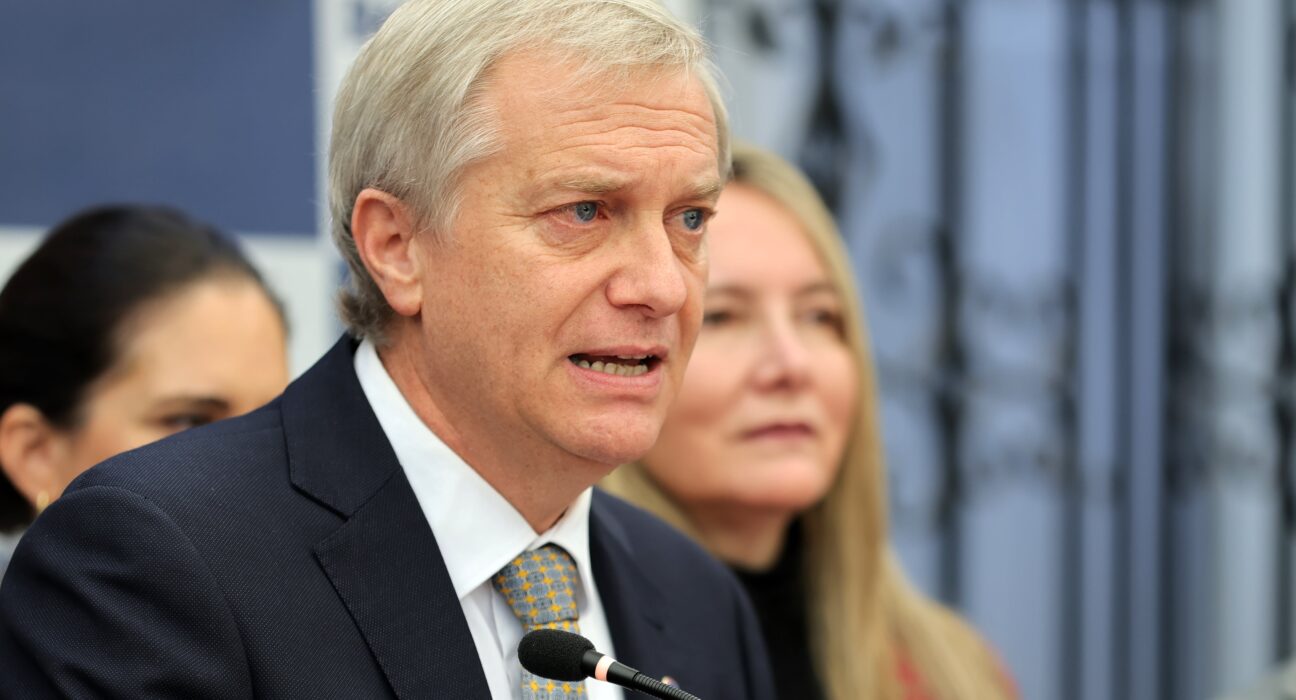Imagine a country grappling with what many describe as one of its worst security crises. Picture a political landscape where the ruling party is considering extraordinary measures to combat organized crime and terrorism. This is the scene in Chile, where the Republican Party, under the leadership of José Antonio Kast, is contemplating the implementation of a constitutional state of exception in the Metropolitan Region and other high-risk areas controlled by criminal organizations.
In a recent interview with Radio Concierto, Kast outlined the party’s approach, emphasizing a focus on security and economic growth. He highlighted the need to tackle crime, organized crime, and terrorism as key priorities for his potential government. The Republican Party has been diligently crafting a comprehensive security program, involving key figures such as retired generals Enrique Bassaletti and Cristián Vial, former mayor Rodolfo Carter, and other prominent members.
One of the flagship proposals under consideration is the Plan Implacable, which includes strategies to address issues related to prisons, drug trafficking, and self-defense. A notable feature of this plan is the concept of a “Joint Task Force to reclaim occupied areas,” which would involve both police and military forces in areas under the influence of drug trafficking. This particular initiative could potentially trigger the need for a state of exception in the Metropolitan Region, albeit on a temporary basis and subject to congressional approval.
The party’s stance on this matter has evolved over time, with discussions dating back to previous incidents of violence and lawlessness. For instance, after an attack on two police officers in La Florida in 2023, Deputy Cristián Araya raised the possibility of deploying the military to restore order in areas where law enforcement agencies struggled to operate effectively. Araya, now part of Kast’s security team, has been vocal about the necessity of decisive action in the face of escalating violence.
Similarly, Rodolfo Carter, following the tragic death of a minor in Maipú in early 2024, urged the government to consider a state of constitutional exception to combat criminal elements. His impassioned plea underscored the urgent need for a robust response to protect vulnerable communities and uphold the rule of law.
As the Republican Party continues to refine its security strategy and engage in electoral campaigns, the prospect of implementing a state of exception remains a topic of intense debate and scrutiny. The potential implications of such a measure extend beyond immediate security concerns, raising questions about civil liberties, democratic governance, and the balance between security and individual rights. The outcome of upcoming elections will undoubtedly shape the trajectory of this discourse and determine the feasibility of extraordinary measures in the pursuit of public safety.
In a country grappling with heightened insecurity and growing challenges from criminal elements, the notion of a state of exception represents a contentious yet potentially necessary tool in the government’s arsenal. As political actors navigate these complex waters, the delicate balance between security imperatives and constitutional safeguards will be tested, underscoring the critical importance of informed decision-making and public accountability in safeguarding the nation’s well-being.

